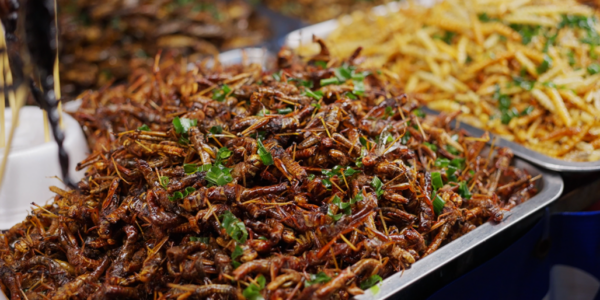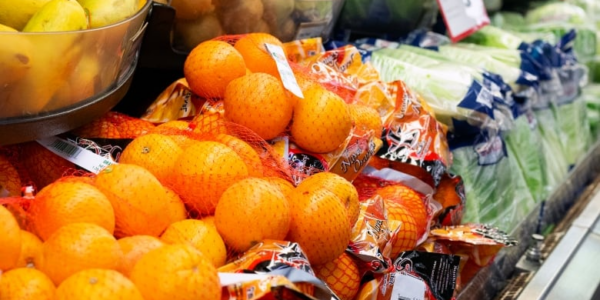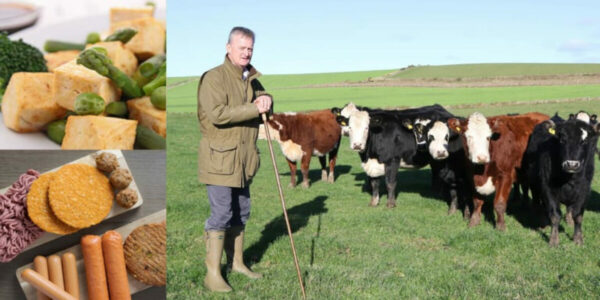
Saturday, October 26, 2024
- Home
- Featured
- Timeline
- Categories
- Politics & Economics
- —
- Energy & Environment
- Arts & Entertainment
- Business
- Canada
- Cannabis & Drugs
- Culture, Race & Religion
- Education
- History & Nostalgia
- Flora & Fauna
- Food & Drink
- Misfortune & Tragedy
- Gender & Sexuality
- Health & Living
- Joy & Wonder
- Law & Crime
- Media & Internet
- Science & Technology
- Sports & Fitness
- Strange & Weird
- Travel & Leisure
- War & Terrorism
- My Account

Saturday, October 26, 2024
- Home
- Featured
- Timeline
- Categories
- Politics & Economics
- —
- Energy & Environment
- Arts & Entertainment
- Business
- Canada
- Cannabis & Drugs
- Culture, Race & Religion
- Education
- History & Nostalgia
- Flora & Fauna
- Food & Drink
- Misfortune & Tragedy
- Gender & Sexuality
- Health & Living
- Joy & Wonder
- Law & Crime
- Media & Internet
- Science & Technology
- Sports & Fitness
- Strange & Weird
- Travel & Leisure
- War & Terrorism
- My Account

Saturday, October 26, 2024
Menu
- Home
- Featured
- Timeline
- Categories
- Politics & Economics
- —
- Energy & Environment
- Arts & Entertainment
- Business
- Canada
- Cannabis & Drugs
- Culture, Race & Religion
- Education
- History & Nostalgia
- Flora & Fauna
- Food & Drink
- Misfortune & Tragedy
- Gender & Sexuality
- Health & Living
- Joy & Wonder
- Law & Crime
- Media & Internet
- Science & Technology
- Sports & Fitness
- Strange & Weird
- Travel & Leisure
- War & Terrorism
- My Account

Menu
- Home
- Featured
- Timeline
- Categories
- Politics & Economics
- —
- Energy & Environment
- Arts & Entertainment
- Business
- Canada
- Cannabis & Drugs
- Culture, Race & Religion
- Education
- History & Nostalgia
- Flora & Fauna
- Food & Drink
- Misfortune & Tragedy
- Gender & Sexuality
- Health & Living
- Joy & Wonder
- Law & Crime
- Media & Internet
- Science & Technology
- Sports & Fitness
- Strange & Weird
- Travel & Leisure
- War & Terrorism
- My Account





